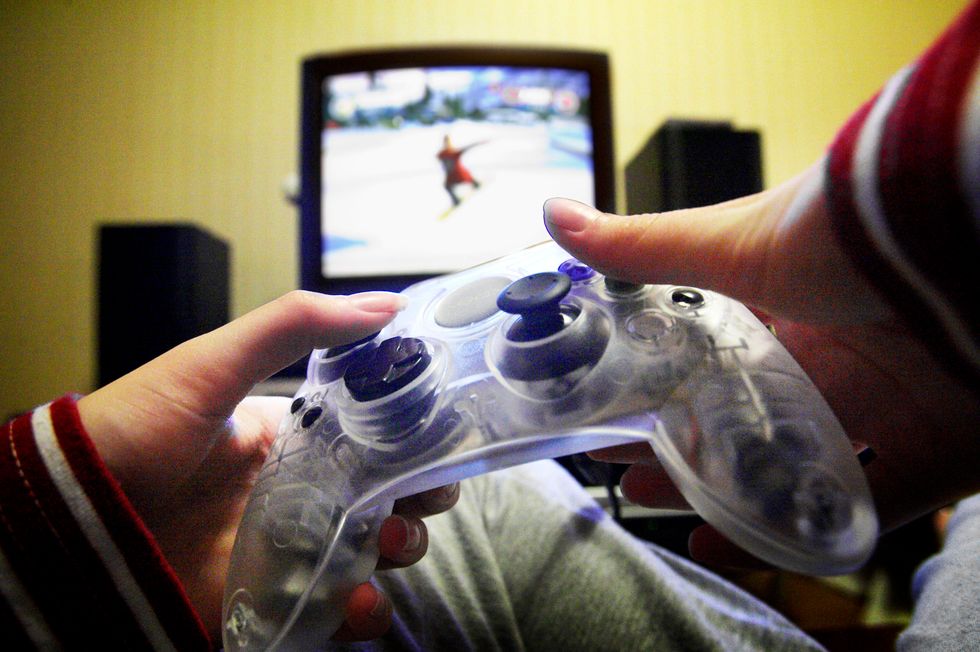
No.
The effects of video games have been speculated since their debut into popular culture. And with the emergence of violent franchises like "Mortal Kombat" and "Call of Duty," violent video games have become a contentious topic.
Several studies have proved that violent video games do affect the players in certain ways, while other studies show that there is no correlation between the players and violent tendencies. The subject was eventually dropped until recently.
Two gamers were killed in Florida during a "Madden" video game tournament. A fellow gamer opened fire on the tournament and then killed himself, casting a gloom over the budding e-sports community.
In the BBC's article about the event, another article is linked to it, which talks about the effects of violent video games.
It had not dawned on me that events like this can very easily bring the controversy of violent video games into the foreground of social issues. While e-sports have made significant strides in the field of entertainment, the community is still in danger of these crusades.
The reality of this is much deeper than solely violent video games. As noted in various interviews in the "Time" article about the event, "In a world where one day you can go from playing in your bedroom to the next being criticized by millions under spotlights, mental health can't be overlooked." This extends to all people from all walks of life.
This misconception of gaming originated in the late 1970s with James Dallas Egbert III, the young boy who went missing while playing Dungeons & Dragons. For years, and even decades, it was believed that D&D was the cause of this young man's death because it drove him to Satanism and whatever other things people speculated. It went as far as parents forming coalitions to boycott the popular game, which tainted the image of D&D even today in 2018. They even made a movie about the event, "Mazes & Monsters," to advocate for the poisonous effects of D&D.
This misconception is impacting the gaming community now. And it's not because video games or gaming, in general, makes people more violent.
People who are deemed as "social outcasts" find solace in video games. And oftentimes these "social outcasts" develop anxiety, mood, personality, or psychotic disorders because of the stress of not fitting in. Therefore, these illnesses make themselves known when doing something they care passionately about: video games.
Additionally, video games don't make people violent because people are innately drawn to violence. One of the first blockbuster movies was "The Great Train Robbery," a short flick about a violent and dramatic event. There's a reason popular franchises like WWE or concepts like superheroes and villains are so ingrained into the culture. Plus, I'm sure the only thing people remember from world history in high school is Medieval Torture Device day.
It doesn't boil down to "video games are making people more violent." Instead, it reveals a much bigger problem of ignorance towards mental illnesses and the lack of attention and help people need.
















